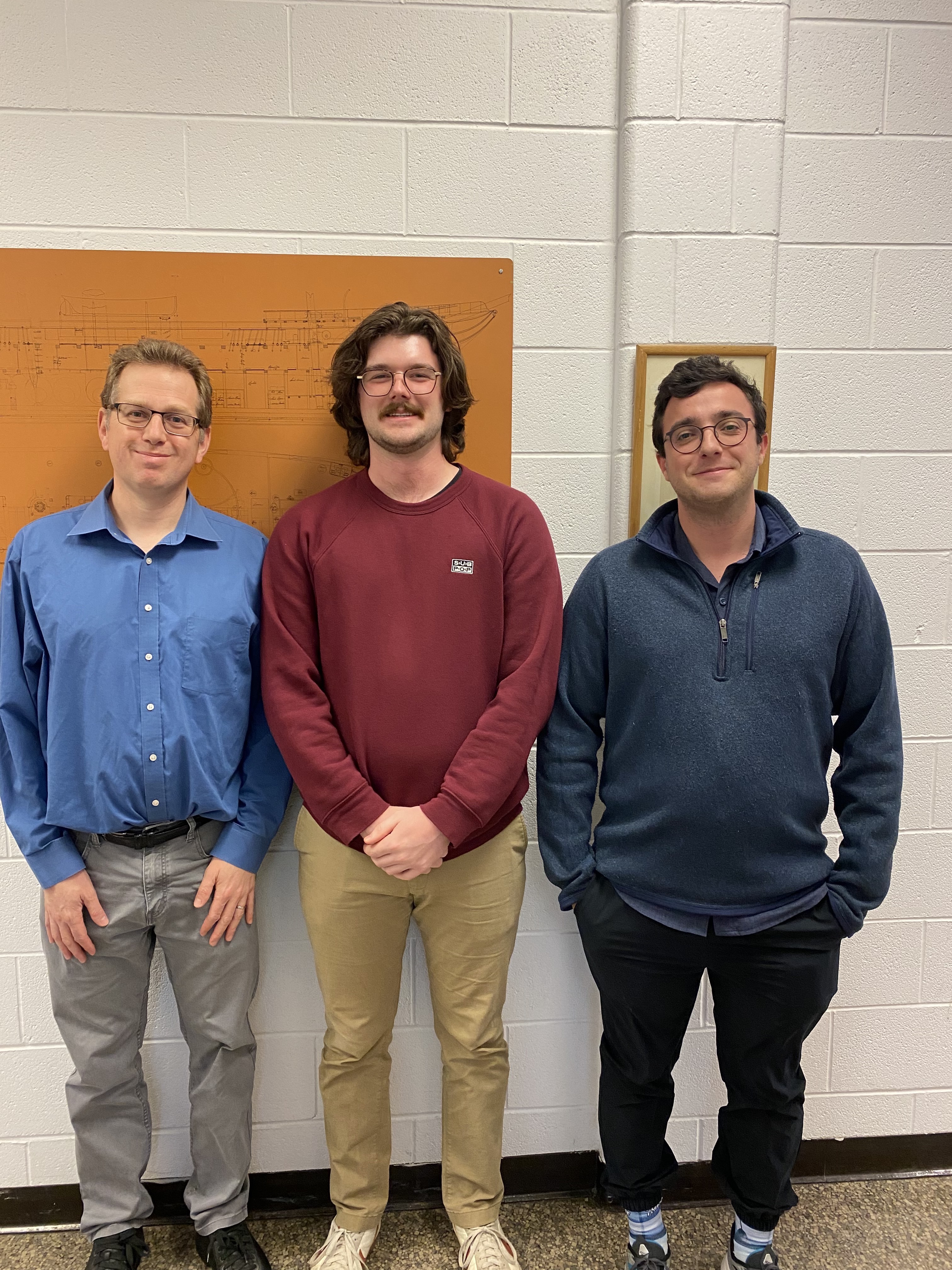International Love Data Week 2023 is February 13-17, 2023. The theme this year is Data: Agent of Change. We believe that the scholars whose data are hosted in Deep Blue Data are truly agents of change for their fields and their communities. Their data supports groundbreaking research in climate change, urban sustainability, behavioral science, policy change, and more.
Deep Blue Data is a repository offered by the University of Michigan Library that provides access and preservation services for digital research data that were developed or used in the support of research activities at U-M.
In honor of Love Data Week, we reached out to some recent Deep Blue Data depositors to ask about the history of their work, unique discoveries they made along the way, and how they see their data being useful to their research communities and beyond.
We hope you enjoy learning more about the scholars behind the data sets. As a reminder, all data sets in Deep Blue Data are openly accessible for anyone to download and use, because we love data.
Nate Clemett is a graduate student research assistant in the Marine Design Structures Laboratory, which focuses on developing the next generation of structural design and analysis tools for the marine industry. He will be graduating in April 2023 with MSE degrees in naval architecture and marine engineering and robotics. He deposited his data set entitled "Flywheel Energy Storage System Roll Dataset" in Deep Blue Data. This research was conducted at the Aaron Friedman Marine Hydrodynamics Laboratory, which is part of the Naval Architecture and Marine Engineering department. In this interview, he describes his research and why he decided to share his data set publicly.
What prompted you to conduct your research in this area?
Alternative forms of energy storage being explored by the U.S. Navy include mechanical methods such as Flywheel Energy Storage Devices. These devices store energy in a rotating mass. However, placing a rotation mass on a vessel could also provide gyroscopic stabilization to vessels. This work aimed to explore if it is worth using energy storage devices as stabilization devices too.
For those not familiar with your field, what is the one thing you think is most important/interesting to know/unique about your work or your findings?
Flywheels store a large amount of energy that can be dispelled without interrupting existing systems on vessels. Another benefit of flywheels is active stabilization. Through our testing, roll motions of the model were reduced by over 80%.

Researchers who worked on this data set (from left to right): Matthew Collette (associate professor of naval architecture and marine engineering), Benjamin Simmons and Nate Clemett (both Master's students in the naval architecture and marine engineering department).
How do you hope your data might be encountered or reused out in the world?
This device will be used as a demonstrator for the Marine Hydrodynamics Laboratory. Students will learn about gyroscopic impacts on ship motions and energy storage. Now more work needs to be done on understanding the costs required to make the Flywheel Energy Storage Devices able to move to stabilize the vessel.
What is one thing you learned during the process of preparing your data for deposit or sharing?
We presented data in graphs to make it more understandable for people who may not have prior experience in the field. Additionally, we included video in the data set to highlight the correlation between the physical experiment and the recorded data.
Why do you think sharing data is important?
Sharing data is important because it allows for peer review and for others to build upon existing research. It’s also a great way to get students interested in the challenges of research.